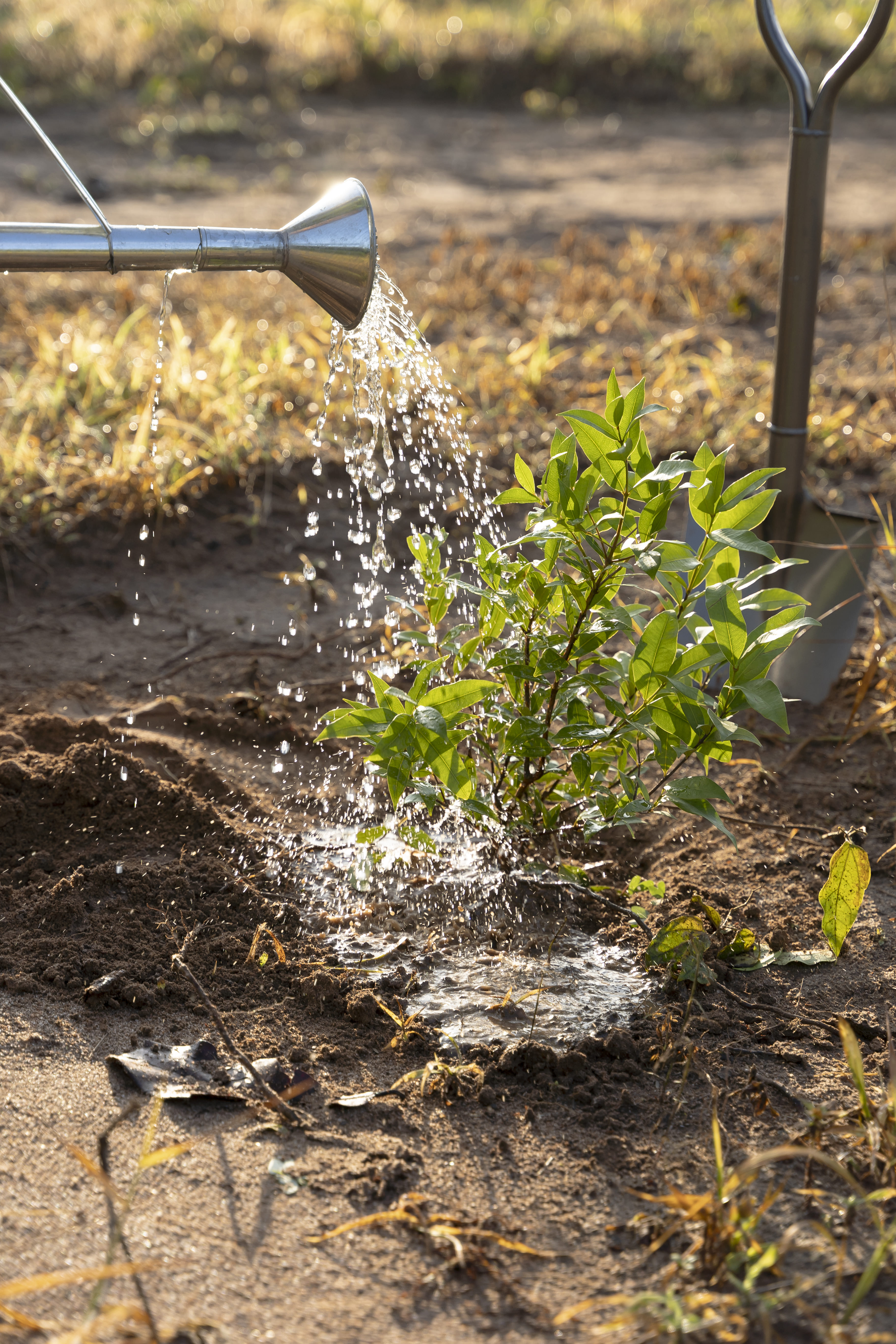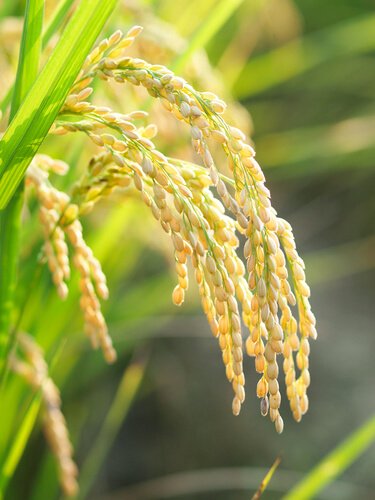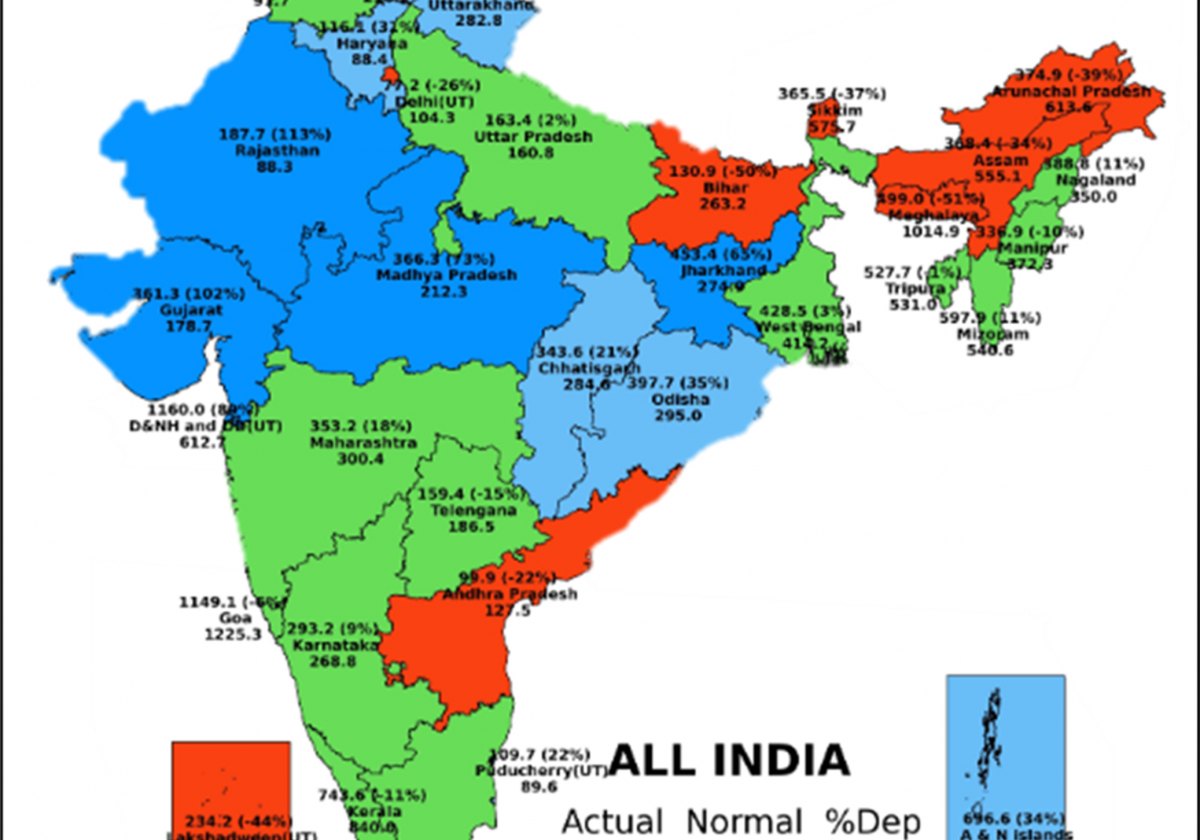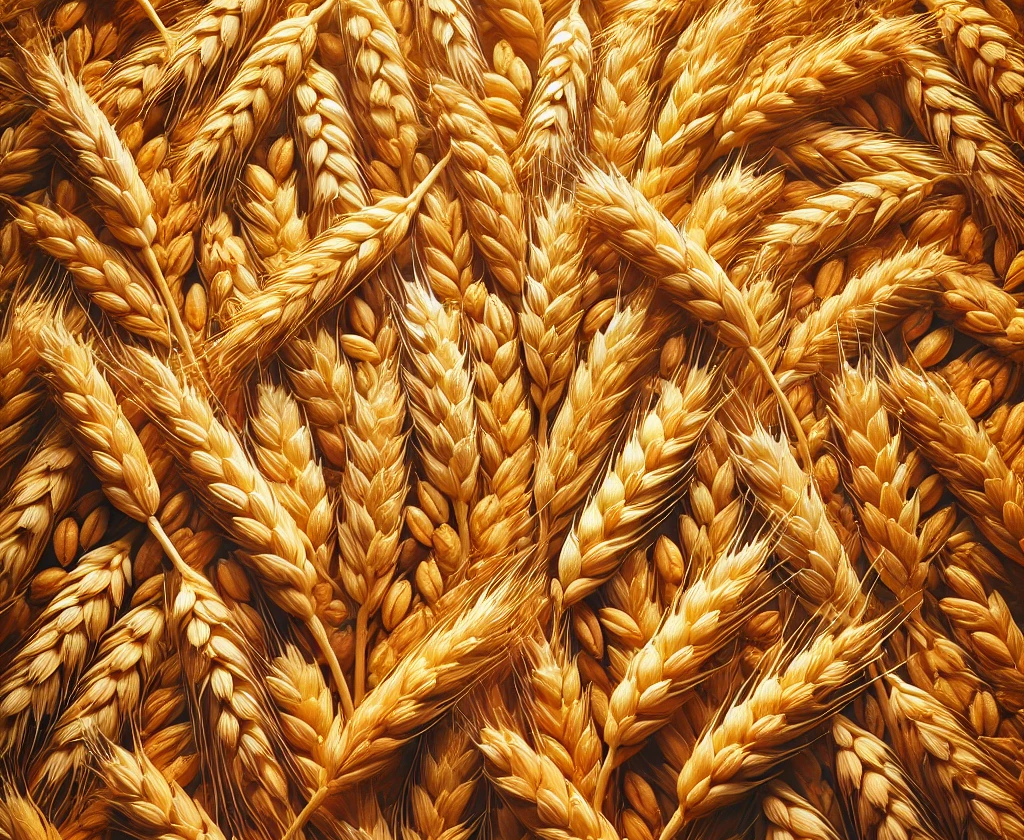The maize crop is a warm-weather crop and is grown in a wide range of climatic conditions. It needs bright sunny days for its accelerated photosynthetic activity and cannot withstand frost at any stage. Well-drained soils with pH 6.5 – 7.5 and rich in organic matter are the most preferred ones with good water holding capacity. The irrigation water management depends on the season as about 80 % of maize is cultivated during the monsoon season particularly under rainfed conditions. The first irrigation should be applied very carefully wherein water should not overflow on the ridges/beds.

For obtaining desirable yields, the doses of applied nutrients should be matched with the soil supplying capacity and plant demand by keeping in view the preceding crop. Correct nitrogen application after proper soil tests results in higher productivity and better grain filling. Along with these details comes the pest infestation and diseases that could impact the yield adversely.
Below are some of the common pests & diseases with control measures to treat the same.
- Leaf Blight: Manifestation of an oval to round, yellowish-purple spots on leaves. The affected leaves dry up and appear as if burnt. In severe cases, the plants may become stunted, resulting in poorly-formed ears.
Control: The crop can be sprayed with Dithane M-45 or Indofil @ 35-40 gms or Blue Copper @55 -60 gms in 18 liters water, 2 -3 sprays at 15 days interval, will effectively control the disease.
- Stem Borer: These borers feed on leaves in the earlier stages. Later on, they bore into the stem and cobs, rendering the plant unproductive.
Control:
– After harvest, the stalks and stubbles should be collected from the field and burnt.
– Crop can be sprayed twice with Thiodan 35 EC @ 27 ml in 18 liters water, once 20-25 days after germination, and the second spray at the time of grain formation (in endemic areas).

- Aphids: Tiny, soft-bodied insects, usually green in color. Nymphs and adults suck the sap from leaves and young shoots.
Control: The crop can be sprayed with Rogor 30 EC @ 18 ml in 18 liters of water.
- Termites: These pests attack young seedlings as well as mature plants; attack is also visible on roots and lower parts of the plants.
Control: Thiodan 4 % Dust @ 12-15 kg per hectare is applied and mixed well with the soil.
- Powdery Mildew: Circular, powdery white spots which can affect leaves, stems, and sometimes fruits. The leaves turn yellow & dry out and some leaves twist, break or become disfigured.
Control: Fungicides based on wettable sulfur (3 g/l), hexaconazole, myclobutanil (all 2 ml/l) seem to control the fungal growth.
- Maize Dwarf Mosaic: Irregular, light, and dark-green mottle which develops into narrow streaks along veins. Plants are stunted, with excessive tillering, multiple ear shoots, and poor seed set.
Control: Spray systemic insecticides like Monocrotophos 1.5 ml or Dimethoate 2 ml/l for the control of vector

- Charcoal Rot: Presence of the small black sclerotia in the pith of the affected stalks. The outsides of lower internodes become straw-colored. The pith becomes badly disintegrated.
Control:
– Use resistant varieties like DHM 103, Ganga Safed – 2 and avoid sowing susceptible varieties like DHM 105
– Seed treatment with Carbendazim or Thiram 3g/kg seed is effective
Conclusion
An upward movement in maize prices, due to ongoing demand from the poultry and cattle feed industry, has been observed. Since the Government has also increased the MSP for maize during this marketing year, farmers growing maize should pay more attention towards keeping the yield healthy, pre and post-harvest.








 Connect With Us
Connect With Us